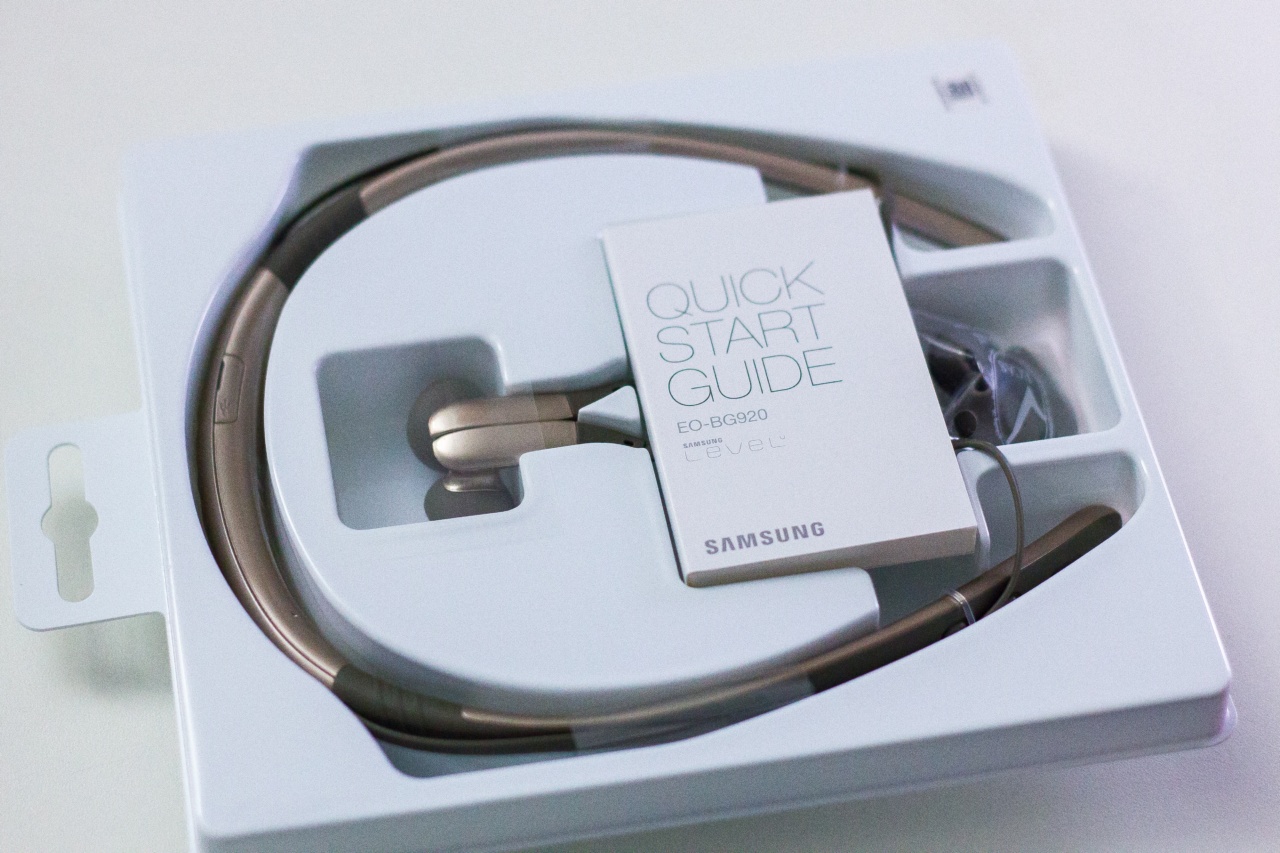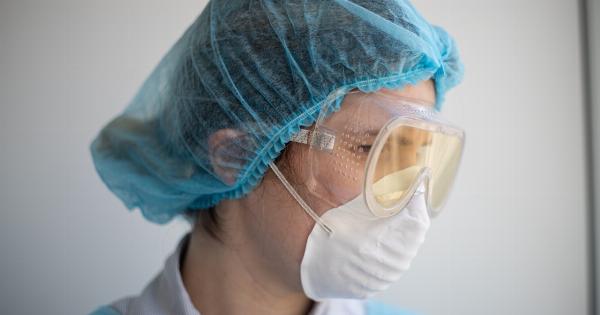Acupuncture is an ancient Chinese practice that involves the insertion of thin needles into specific points in the body.
It has been used for centuries to treat a wide range of health conditions and is gaining popularity in the Western world as an effective alternative therapy. In this comprehensive guide, we will explore the power of acupuncture and how it can benefit your physical and mental well-being.
What is Acupuncture?
Acupuncture is based on the concept of Qi (pronounced “chee”), which is the vital energy that flows through the body. According to Chinese medicine, when Qi becomes disrupted or imbalanced, it can result in illness or pain.
Acupuncture works by stimulating specific points along the body’s meridian pathways to restore the flow of Qi and promote healing.
How Does Acupuncture Work?
Acupuncture works by stimulating the body’s nervous system, which triggers a cascade of physiological responses.
When the needles are inserted into specific points, they activate sensory receptors in the skin and muscles, sending signals to the brain. This, in turn, releases endorphins, serotonin, and other neurotransmitters that help reduce pain and improve overall well-being.
Conditions Treated by Acupuncture
Acupuncture has been used to treat a wide range of health conditions, including:.
- Chronic pain, such as back pain, neck pain, and arthritis
- Headaches and migraines
- Anxiety and depression
- Insomnia and other sleep disorders
- Digestive issues, such as irritable bowel syndrome and acid reflux
- Menstrual and reproductive disorders
- Respiratory conditions, including asthma and allergies
- Stress-related disorders
The Benefits of Acupuncture
Acupuncture offers numerous benefits for both physical and mental well-being. Some of the key benefits include:.
- Pain Relief: Acupuncture can help reduce pain and inflammation in various parts of the body. It can be particularly effective for chronic pain conditions, such as arthritis.
- Stress Reduction: Acupuncture has a calming effect on the nervous system, helping to reduce stress and anxiety. It promotes relaxation and improves overall mental well-being.
- Improved Sleep: Many people who receive acupuncture treatments report improved sleep quality and duration. It can be especially helpful for those suffering from insomnia or sleep disorders.
- Enhanced Immunity: Acupuncture has been shown to boost the immune system, making the body more resilient to illness and infection.
- Increased Energy: By promoting the flow of Qi, acupuncture can increase energy levels and combat fatigue.
- Hormonal Balance: Acupuncture can help regulate hormonal imbalances, which can be the underlying cause of various health issues, including reproductive disorders and menopausal symptoms.
- Improved Digestion: Acupuncture can aid digestion by reducing inflammation, improving gut motility, and balancing the gut microbiome.
- Emotional Well-being: Acupuncture can help regulate emotions and improve mood. It can be beneficial for those struggling with depression, anxiety, or other mental health conditions.
What to Expect During an Acupuncture Session
If you are considering acupuncture, you may wonder what to expect during a session. Here is a step-by-step overview:.
- Consultation: Your acupuncturist will first discuss your medical history, symptoms, and goals for treatment. This information will help them create a personalized treatment plan.
- Needle Insertion: The acupuncturist will insert thin, sterile needles into specific points on your body. You may feel a slight prick or tingling sensation, but it is generally painless.
- Needle Manipulation: The acupuncturist may gently manipulate the needles by twisting or tapping them to enhance their therapeutic effects.
- Needle Retention: The needles are left in place for around 15 to 30 minutes while you rest comfortably. This allows the acupuncture points to be stimulated continuously.
- Needle Removal: After the designated time, the acupuncturist will remove the needles. Most people find this step painless as well.
- Post-Treatment: Your acupuncturist may offer additional complementary therapies, such as cupping or herbal remedies, to enhance the effects of acupuncture.
Is Acupuncture Safe?
When performed by a trained and licensed acupuncturist, acupuncture is generally considered safe. The needles used are disposable and sterile, reducing the risk of infection.
However, it is essential to choose a reputable practitioner to ensure proper hygiene and technique.
Conclusion
Acupuncture is a powerful therapy that can benefit both physical and mental well-being. Whether you are seeking pain relief, stress reduction, or improved sleep, acupuncture offers a holistic approach to healing.
By restoring the flow of Qi and promoting balance in the body, acupuncture can help you achieve optimal health and vitality.






























